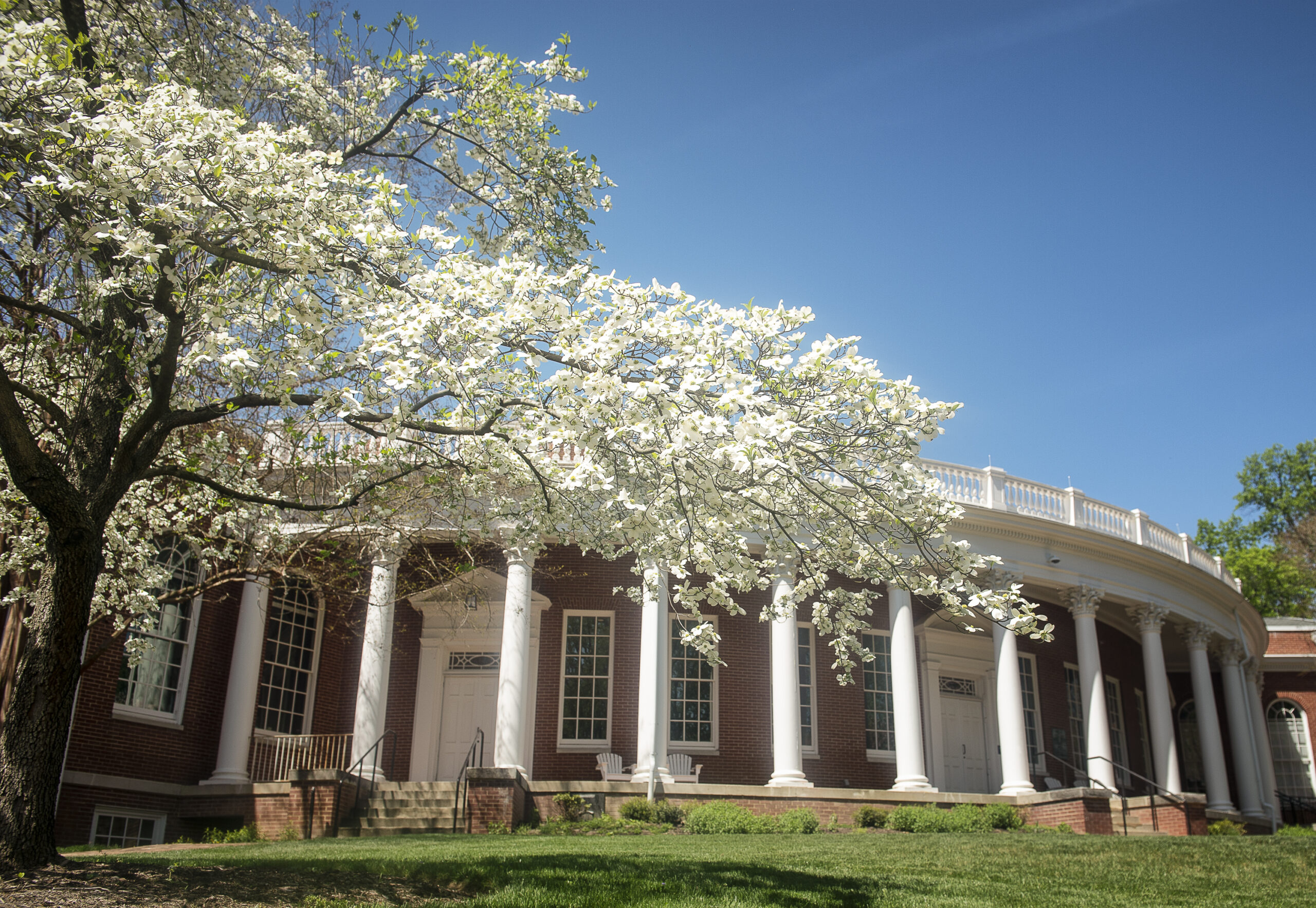
The delegation of state legislators who attended the second annual legislative summit convened by Stafford County Public Schools this week seemed to be in agreement – the county school division needs more money.
“The need is clear for more money,” said Paul Milde, a former member of the county Board of Supervisors and newly elected state delegate representing House District 65, located entirely within Stafford County. “We will fight for more money, and I mean that.”
Milde was one of four state lawmakers to attend Tuesday evening’s summit. Delegate-Elect Josh Cole, whose House District 64 includes south Stafford; Senator-Elect Tara Durant, representing Senate District 27, which includes south Stafford (as well as Fredericksburg City and part of Spotsylvania); and Senator Jeremy McPike, representing Senate District 29, which includes north Stafford and part of Prince William, also attended.
Division superintendent Thomas Taylor and School Board members presented legislators with 10 priorities that they said would help them meet goals identified in the school division’s strategic plan – plus seven proposed bills for the upcoming General Assembly session that would accomplish the priorities.
Give the full cost of competing adjustment to Stafford
The division’s top priority is addressing state funding for school divisions.
“At the top of our list – shocker – is money,” Taylor said.
The division would like the General Assembly to implement the findings from a review of the K-12 funding formula that was conducted this year by the Joint Legislative Audit and Review Committee (JLARC) which call for updating the state’s almost 70-year-old school funding model – and in the meantime, to extend the full northern Virginia Cost of Competing Adjustment to Stafford.
The Cost of Competing Adjustment, or COCA, considers the needs of northern Virginia localities to pay higher salaries to school employees because of the higher cost of living in those localities. The localities that receive the full adjustment – Loudoun, Fairfax, Arlington and Prince William counties and the cities of Fairfax, Falls Church, Alexandria, Manassas and Manassas Park – receive an additional 9.8% in state funding for teacher salaries.
Stafford is one of nine localities that receive 25% of the full COCA, and it would like to receive the full adjustment. (Fredericksburg City and Spotsylvania County also receive the “phased-in” COCA.)
“The gap in the receipt of COCA funds has created a stark salary differential between Stafford Schools and the other localities of northern Virginia which enjoy the full COCA,” staff wrote in the legislative priorities request. “On average, teachers stand to make $10,000 dollars less in Stafford than they would in neighboring Prince William County, just ten miles north of the Stafford County seat.”
Taylor said compensation is the overwhelming top reason that teachers give for leaving the division.
The JLARC report recognizes that Stafford more closely resembles the localities receiving the full adjustment in terms of geography and labor force than it does those receiving the partial adjustment.
It also points out that the current COCA, which was first implemented in 1991 and hasn’t been updated since 1995, does not account for actual salary differences.
“For example, Arlington County Public Schools receives a 9.83 percent adjustment for teachers’ salaries, but its actual labor costs are 40 percent more than the average Virginia school division’s labor cost,” the JLARC report states.
JLARC recommended that the General Assembly update the COCA more than a decade ago. Stafford asked for the full COCA last year at its first legislative summit.
Eliminate cap on support positions
Stafford would also like to see the General Assembly eliminate the existing cap on support positions, which the JLARC report recommends as a near-term priority.
The support position cap was implemented in 2009 as a result of the Great Recession. It limits the number of support positions – such as social workers, psychologists, maintenance workers, custodians, food service workers and administrative staff – that the state will fund.
The JLARC report found that the support position cap reduced funding to school divisions statewide by $331 million in fiscal year 2022.
Stafford estimates that it has lost $78.8 million in funding between 2010 and 2021 due to the support position cap.
Allow Stafford to impose sales tax for construction projects
The school population will grow by 5,800 students in the next 10 years and the division is already operating at 95-100% of its capacity, according to the agenda for the legislative summit.
“We are at a breaking point in terms of our facilities,” Taylor said.
The School Board’s capital improvement plan for 2024-2033 identifies $1.5 billion in capital project needs, including 14 new or replacement schools.
The Stafford Board of Supervisors has programmed $711 million in school infrastructure spending over the next 10 years, but it must also fund other county needs.
The General Assembly has passed legislation allowing nine localities – Halifax, Charlotte, Gloucester, Henry, Mecklenburg, Northampton, Patrick, Pittsylvania and Danville – to charge an additional 1% in sales tax to support school construction, and Stafford would like to be added to this list.
McPike introduced legislation this year that would allow all localities to charge this additional sales tax, but it failed – for the second straight year – to be approved by a subcommittee in the House of Delegates.
Milde said Tuesday that he has already signed on to support a bill in the upcoming session that would allow Stafford to charge sales tax for school construction and that the county Board of Supervisors also supports this measure.
Fund more staff to support student mental health
Stafford is also asking legislators to update the state’s funding formula to support adequate school division staffing.
The state provides money to school divisions to fund a certain number of student support positions and instructional staff as prescribed in the standards of quality, but the staffing ratios don’t align with national recommendations.
For example, the state provides funding for school counselors at a ratio of one per 325 students, but the American School Counselor Association recommends one counselor per 250 students.
The state does not provide funding for prescribed ratios of school psychologists or social workers. Rather, it lumps these positions in with other “specialized support positions,” which it funds at a rate of three per 1,000 students.
The National Association of School Psychologists recommends one psychologist per 500 students and the School Social Worker Association of America recommends one social worker for every 250 students.
Students need “adequate school-based support for mental health needs and social-emotional development” both for their own benefit and that of their peers and school staff, the agenda for Tuesday’s event states.
In addition, Stafford would like to see the state fund more English language teachers and elementary reading support specialists.
“State testing data demonstrate that literacy continues to be an area needing great improvement in the Commonwealth. English learners are a segment of the student population requiring attention in terms of increasing literacy growth,” the agenda states.
The state should also increase funding for work-based learning, or WBL, providing for one WBL coordinator per 2,000 students.
“It is imperative that Virginia’s students are sufficiently prepared for the workforce,” the legislative agenda states. “(An SOQ-funded WBL coordinator) would foster a wide array of connections between local schools and the business community to advance meaningful sustained WBL opportunities.”
Other legislative priorities for the school division include continued funding for college partnership laboratory schools, allowing schools to collect student meal debt, and amending Virginia Code to require the timely provision of employment verification reports, student disciplinary records and relevant background to certain juvenile criminal charges.
by Adele Uphaus
MANAGING EDITOR AND CORRESPONDENT





